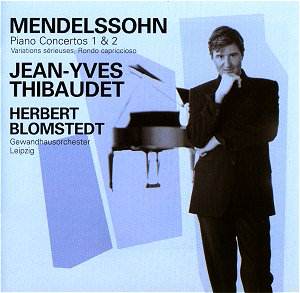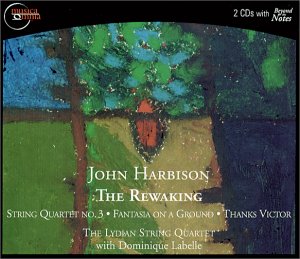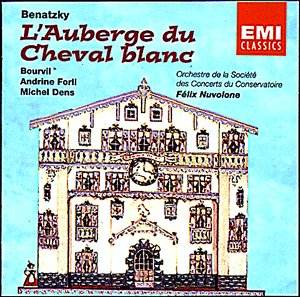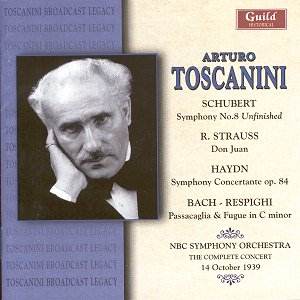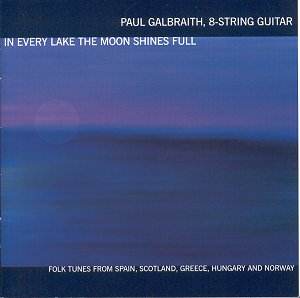 Composer: Various
Composer: Various
Works: Every Lake The Moon Shines Full; Tonades (on Spanish Folk Tunes), Songs of the Hebrides, Miniatures on Greek Folk Tunes, Aires de la Mancha, “For Children” Hungarian Folk Tunes, Norwegian Folk Tunes from Op. 66
Performers: Paul Galbraith (8-string guitar)
Recording: DELOS DE 3236
Label: Delos
The collection presented under the title “Every Lake The Moon Shines Full” is a testament to the rich tapestry of folk traditions across Europe, as interpreted by the virtuoso guitarist Paul Galbraith. This recording encapsulates an impressive array of folk tunes from Spain, Scotland, Greece, Hungary, and Norway, highlighting not only the diversity of these musical traditions but also Galbraith’s adeptness at navigating their unique stylistic nuances. The works featured here, spanning various cultural landscapes, reveal the underlying commonalities among folk music while celebrating their distinct identities.
Galbraith’s arrangements, primarily for his eight-string guitar, breathe new life into these folk melodies. The choice to use an eight-string guitar, developed by the late David Rubio, allows for a broader tonal palette, enhancing the emotional depth of the pieces. The added resonance and clarity contribute significantly to the recording’s quality. For instance, in the “Tonades” by Joaquin Nin-Culmell, Galbraith’s interpretation strikes a balance between historical authenticity and contemporary expressiveness. His command of dynamics and phrasing enables these short pieces, some barely lasting twenty seconds, to resonate with an emotional weight that belies their brevity.
The performance quality throughout is exemplary, though not without minor caveats. Galbraith’s breath control, at times, distracts from the listening experience, emerging as an audible presence during quieter passages. However, this does little to detract from the overall impact of the disc. The crispness of the recording captures the subtleties of Galbraith’s technique, particularly in the “Songs of the Hebrides” by Marjory Kennedy-Fraser, where the guitar’s ability to convey the pastoral essence of the Scottish landscape is delightfully evident. Each note is imbued with a sense of place, as he deftly brings forth the lyrical qualities of these folk songs.
Moreover, the engineering of the recording deserves commendation. The balance between the guitar and the ambient sound is handled with finesse, allowing the listener to appreciate the intricate interplay between melody and harmony. The “Aires de la Mancha” by Federico Moreno-Torroba stands out as an example of this balance, where the lively rhythms are captured with a clarity that invites the listener into a spirited Spanish celebration. Similarly, Bartók’s “For Children,” arranged by Szendrey-Karper and Galbraith, showcases the innovative potential of folk themes when interpreted through the lens of classical guitar, revealing layers of complexity that resonate with both children and adults alike.
Galbraith’s interpretations, while firmly rooted in the folk traditions they stem from, also reflect a modern sensibility, bridging the gap between tradition and innovation. This is particularly evident in his treatment of Yannis Constantinidis’s “Miniatures on Greek Folk Tunes,” where the guitar’s expressive capabilities underscore the emotional narratives embedded in the music. The choice of repertoire not only showcases Galbraith’s versatility but also his commitment to illuminating lesser-known works alongside more established pieces.
The culmination of these elements results in a recording that stands as a significant contribution to the guitar repertoire. It invites listeners to explore the intersections of folk traditions and classical music, all while being anchored by Galbraith’s remarkable artistry. The thoughtful curation of works, combined with the technical prowess displayed throughout, positions this disc as one of Galbraith’s most compelling offerings to date, marking a notable evolution in his already distinguished career.
